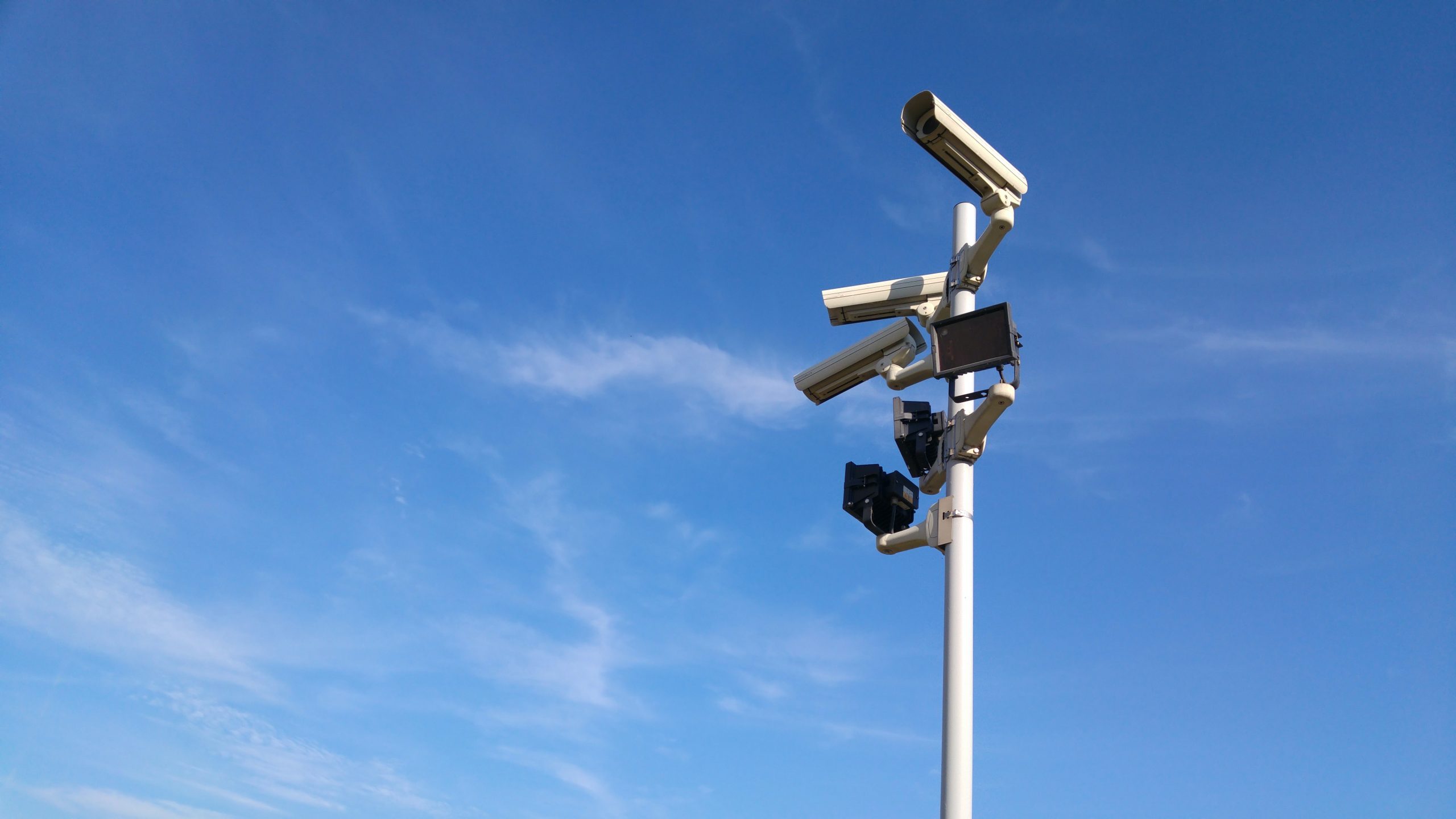
There is prison, then there is prison within prison. Countries vary in their approach to these “deep-end” or high-security prison sections reserved for the most dangerous residents with a history of violence. Ben Crewe, Julie Laursen, and Kristian Mjåland compared two approaches towards these high-security prison units: one in England & Wales, and the other in Norway. After conducting 55 interviews with prisoners in restrictive “deep-end” confinement, the authors compared the experiences of prisoners in England & Wales’s traditional supermax system to Norway’s “inclusive othering.”
In Norway, now famous for its less restrictive prisons, deep confinement is rare and used to protect the outside community. Deep-end prisoners continue to enjoy benefits such as attending educational and job programs alongside the general prison population, lengthy, unsupervised visitation time (including accommodations for sexual activity), and supervised, temporary release for activities such as fishing, shopping, or meals with friends.Despite their relative freedom, people in deep-end Norwegian prisons were still concerned about being watched by cameras, the limits placed on their phone calls, and other connections with the outside world, especially in comparison to the general, less restrictive Norwegian prison environment. Lastly, although Norway does not give life sentences, people in the deep-end sometimes do not have a specific release date, leaving some feeling hopeless about serving an indefinite sentence.
In England & Wales, people in the deep-end are isolated for the safety of other prisoners rather than the safety of the outside community. Once isolated, the deep-enders felt far removed from the general population, and they too reported feeling like they were in a “hopeless vacuum,” “on the moon,” or “in a cave.” They also felt that corrections officers used incident reports to target deep-end prisoners. However, some of these deep-end prisoners felt relieved to be removed from the “prison politics” and “batch living” of the general population. Some even reported that less competition with other prisoners provided them with greater access to staff and resources.This research shows how looking across borders helps us understand both the distinct approaches to managing people who have done serious harm and the human impact of policies that leave some prisoners swimming in the deep-end. Although Norway’s focus on reintegration and openness seems quite different from England & Wales’s focus on “managing unruly groups”, people in both types of deep-end confinement reported feeling isolated, surveilled, and often hopeless.

Comments